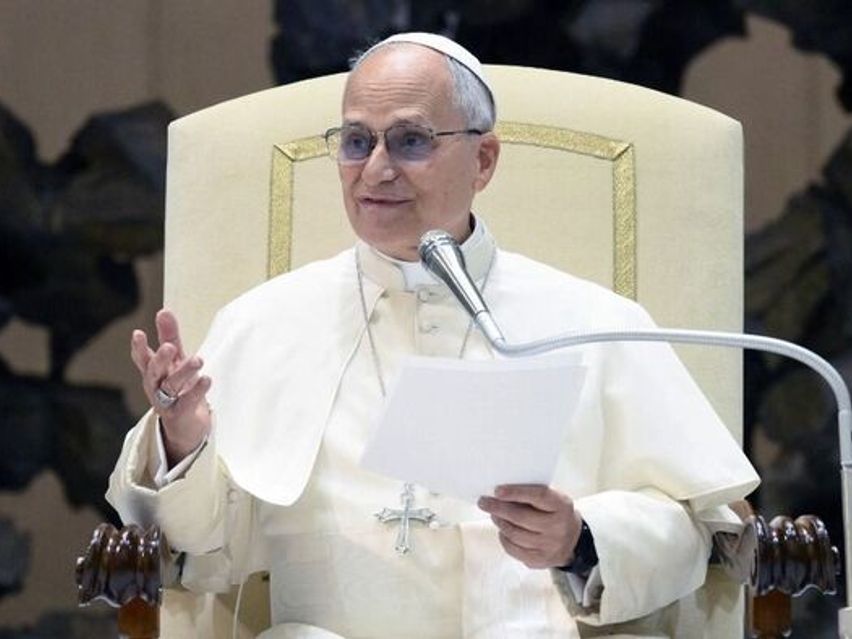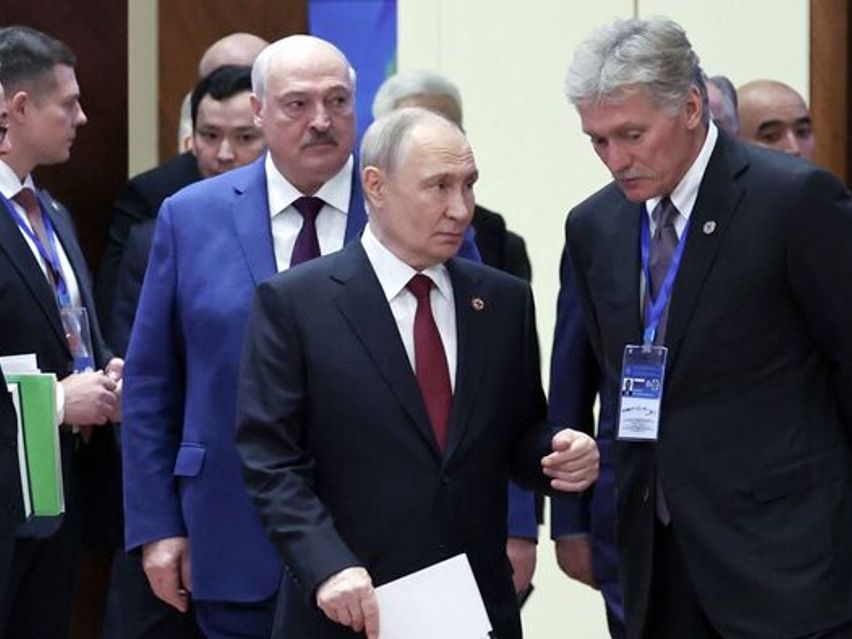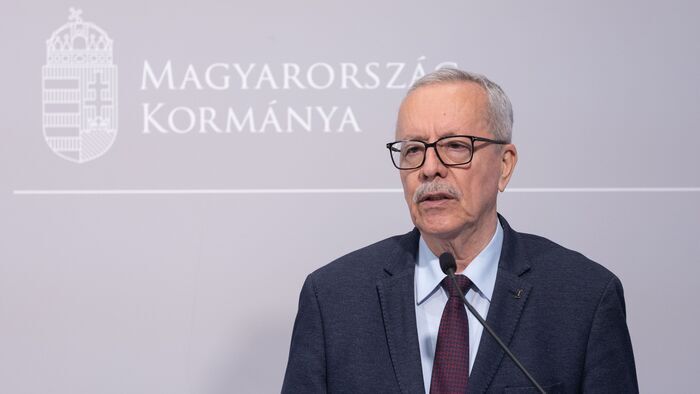According to the latest report of the Hungarian Central Bank the indebtedness of Hungary has increased again and the data suggest that the economic track of the country points in the wrong way, analysts of OTP bank claim. Financial Times deplores the accounting tricks of the Hungarian government and calls attention to the vulnerability of the forint. The report of the Central Bank says that since the change of government in 2002 the net state debt of Hungary has doubled and reached the level of 1989 and the process seems to be going on both in the public and private sectors. The analysts of OTP Bank claim that the deficit of the balance can reach 10 pc of the GDP. The report of Ecostat Institute published yesterday claims the capabilities of the Central Bank to cut the interest rate are more and more limited and the development of the economy is hindered by problems of balance which can be remedied only in the long run. According to the State Supervision Office of Financial Institutions (PSZÁF) also published yesterday, the Hungarian economy must be prepared for a slightly deteriorating climate. The report mentions the state budget, the growing unemployment, and the increasing indebtedness of households as risky factors. The Financial Times (September 30) in an article depicts the state of the Hungarian economy saying that ’Hungary’s government this week admitted that ovespending might force it to delay its target for adoption of the euro for the second time in less than two years’ and Hungary is likely to receice a scolding in October from EU finance ministers. ’Now analysts are wondering how long investors will remain patient if euro adoption is set back two or three years and what effect it would have on the forint should they throw in the towel’, Financial Times writes. In spite of the earlier promises the budget plan for 2006 does not reduce the expenditure: the budget bill submitted yesterday plans an expenditure of HUF 7309 billion against an income of HUF 5775 billion though PM Gyurcsány and Finance Minister Veres earlier promised several times to prepare a ’strict’ budget and not a light one for the election year.
Halálos karambol szenteste, teljesen útzár az érintett szakaszon


















Szóljon hozzá!
Jelenleg csak a hozzászólások egy kis részét látja. Hozzászóláshoz és a további kommentek megtekintéséhez lépjen be, vagy regisztráljon!